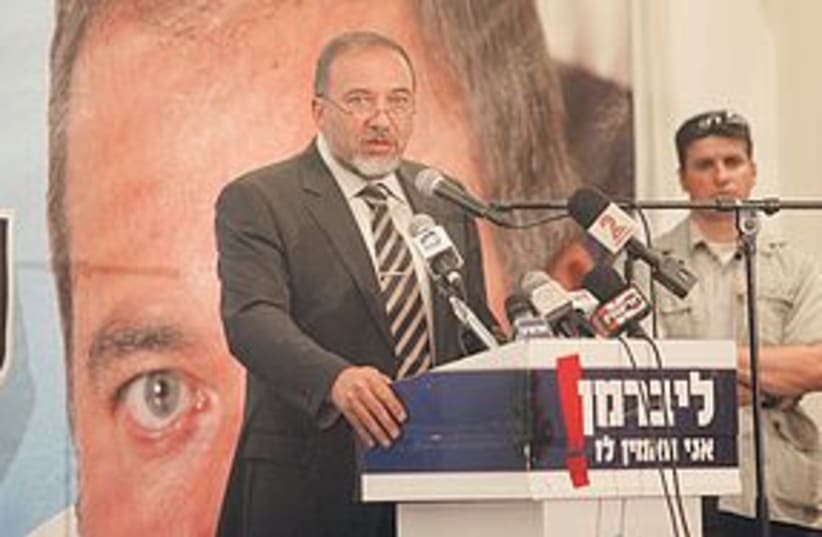Ben Hartman contributed to this report.
Lieberman: We won’t have peace for generations
Attacking government’s diplomatic efforts, FM says nation has suffered enough from the "adventures and experiments of irresponsible politicians."

Ben Hartman contributed to this report.